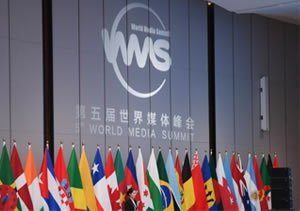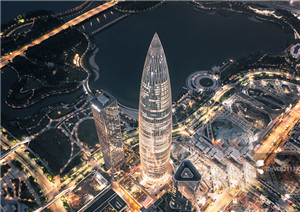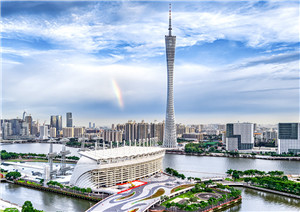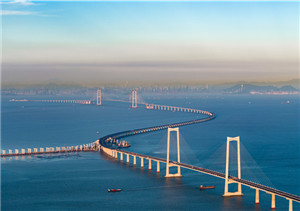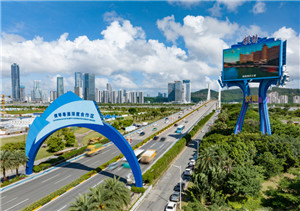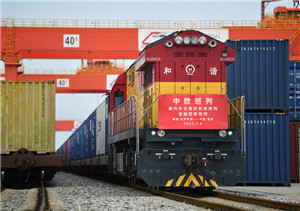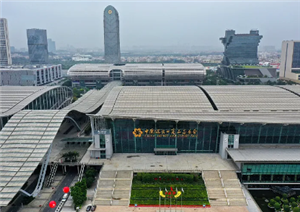Over the past 60 years, Nicholas You has been a keen observer of China's development.
In the last decade, You, the executive director of the Guangzhou International Award for Urban Innovation (Guangzhou Award) and a former senior policy and planning advisor to UN-Habitat, has also been closely involved in promoting the Guangzhou Award as a significant symbol of Guangzhou and Guangdong's international engagement, conveying China's voice globally.
"I am deeply honored to receive the 'Guangdong Friendship Award.' This recognition belongs not just to me but to our team," said You.
As an American of Chinese descent, You vividly remembers his first visit to China at the age of nine and has been returning periodically ever since. "Like anyone who visits China frequently, I find China's socio-economic development remarkable," said You.
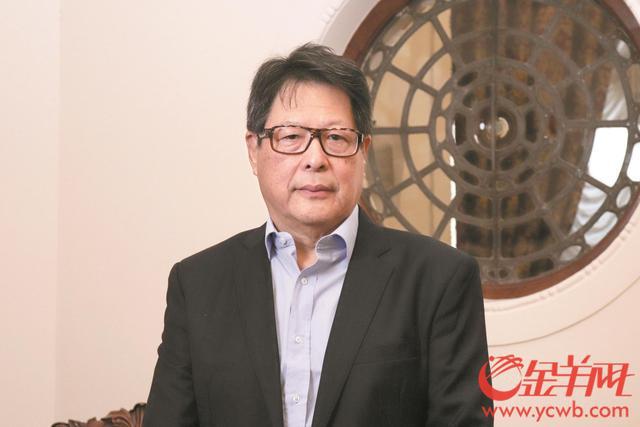
Nicholas You is the executive director of the Guangzhou International Award for Urban Innovation (Guangzhou Award) and a former senior policy and planning advisor to UN-Habitat. [Photo/ycwb.com]
In recent years, Guangzhou has become one of the Chinese cities he regularly visits, and the Guangzhou Award serves as a vital link in this regard.
Recalling the inception of the award, You noted that his involvement stemmed from his previous experience managing the Dubai International Award for Best Practices. Due to Guangzhou receiving this award in 2002, his expertise was sought after for the establishment of the Guangzhou Award.
The aim is to exchange innovative urban development practices, recognizing successful initiatives by cities and local governments in promoting innovation for comprehensive, harmonious, and sustainable urban development worldwide. Moved by this concept, You decided to join and has been a member of the Guangzhou Award's Technical Committee, also serving as an international advisor since 2012.
According to You, he has been involved in establishing many awards with the aim to "promote knowledge and experience exchange." But as time went by, many of the people he started with later focused "solely on the awards themselves, neglecting the importance of mutual learning."
You said he continued his commitment to the Guangzhou Award over the past decade due to witnessing the city's dedication to mutual learning and exchange, investing significant time and effort in this endeavor.
Under his guidance, the Guangzhou Award has been successfully hosted for five sessions in over ten years, receiving 1,361 project entries from 556 cities in 96 countries and regions. Nowadays, the Guangzhou Award has become an essential symbol of Guangzhou's international engagement, receiving widespread attention and praise from UN-Habitat and other international organizations.
Discussing Guangdong, You described it with three words: vibrant, open and culinary.
"Over the past decade, Guangdong's economy has demonstrated strong vitality, attracting people from around the world to live and work here. It is an impressively internationalized region of China," he said.
He believes that the new Guangdong should draw wisdom and strength from its past while driving innovation to achieve high-quality development goals that benefit all people.
"Without the past, there is no present; without the present, there is no future. To rebuild a new Guangdong, we must first remember the 'old Guangdong,'" You emphasized.
He added that innovation is necessary to solve existing problems and tackle future challenges, stressing that high-quality development is not only a proposition for China but for the whole world.
Regarding the Greater Bay Area, You considered it as one of the fastest-growing regions globally.
"Whether in housing, infrastructure construction, land planning and utilization, or green development, I have not witnessed such rapid changes and developments anywhere else in the world," he said.
He also pointed out that historically, Guangdong, Hong Kong, and Macao have been international centers of East-West cultural integration, each developing its own unique cultural heritages. He highlighted the importance of preserving these cultural aspects amid the rapid development of the Greater Bay Area.
Maintaining healthy competition among cities within the Greater Bay Area while collectively forming a development force would serve as an exemplary model for the world to study and emulate. Achieving such goals, according to You, requires governments to adopt new governance models, proposing shared development goals while preserving each city's unique characteristics.
Looking ahead, You intends to further deepen his engagement with Guangzhou, Guangdong, and the Greater Bay Area. He said he will continue to promote knowledge and experience exchange through projects like the Guangzhou Award, encouraging Guangzhou to document its innovative practices.



